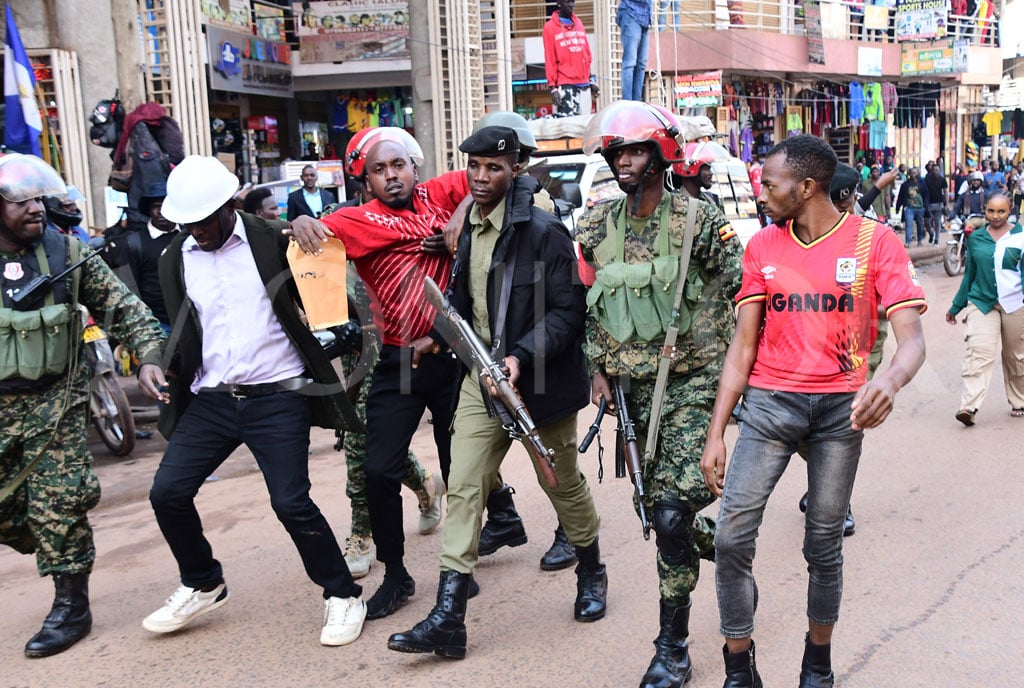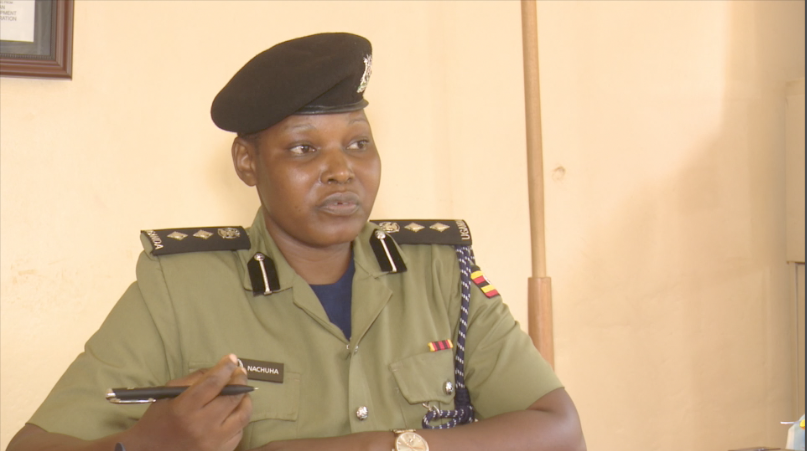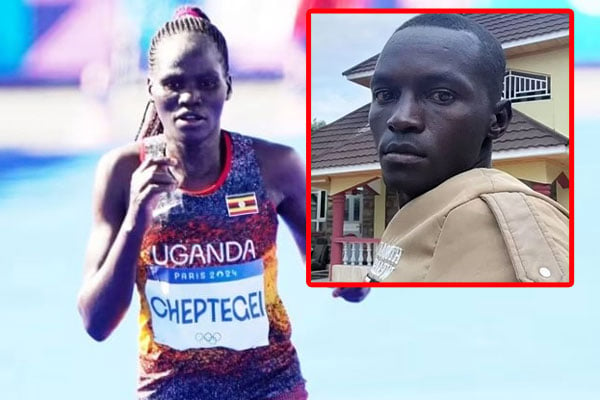Prime
We’ll shield city until demos collapse, say police

Police spokesperson Kituuma Rusoke addresses journalists in Kampala on July 22, 2024. PHOTO/PRISCILLA MALOBA
What you need to know:
- Young Ugandans staged the demonstrations, now referred to as the ‘March to Parliament’ on Tuesday and Wednesday last week, but were quickly neutralised by the police, armed plain-clothed personnel, and military police.
The police have said the deployment of officers in the city centre and other parts of the country will continue until there are no more threats from demonstrators.
Mr Kituuma Rusoke, who is the police spokesperson, on Monday said: “The deployments are based on our assessment of threats in the country, so … we shall maintain deployments that commensurate with that threat.”
Mr Rusoke, who was addressing the weekly police press briefing, also said the demonstrations bear hallmarks of hidden hands.
“We know there are several other people behind this arrangement [protests], and that’s why we did not find it comfortable to allow the demonstrations. If these genuine demonstrators had come out, planned with us, we would have facilitated a better and more legitimate expression,” he said.
The strategic security deployment follows a series of demonstrations by Ugandans, mostly the youth, protesting against widespread theft and misuse of taxpayers’ money in government ministries, departments, and agencies.
Young Ugandans staged the demonstrations, now referred to as the ‘March to Parliament’ on Tuesday and Wednesday last week, but were quickly neutralised by the police, armed plain-clothed personnel, and military police.
At least 100 youths were arrested and detained at various police stations across Kampala City before being arraigned in different courts and charged with being idle and disorderly, and common nuisance.
Nonetheless, the young Ugandans on different social media platforms are insisting the protests will go on regardless of the security threats to deter them until their demands are met.
Top on the list of the youth’s demand is the call for House Speaker Anita Among to resign alongside the four parliamentary backbench Commissioners and any legislators implicated in a corruption scandal as investigations go on.
There has been intense scrutiny of the House, including an exhibition under the hashtag #UgandaParliamentExhibition on the micro-blogging site X, formerly Twitter, amid criticism over alleged maladministration and extravagant spending by the 11th Parliament.
The drive was led by citizens, among them journalist cum lawyer and social justice activist Agather Atuhaire, and university don and satirist, Prof Jimmy Spire Ssentongo.
But Speaker Among has often dismissed it as a political witch-hunt by self-seeking local and foreign interests.
The youths also want the size of Parliament whittled down from the current 529 elected members to a reasonably low number.
The youths also demand a lifestyle audit of all people’s representatives in the August House.
The Public Order Act, 2013 compels organisers of demonstrations to notify police in writing of their intentions five days before the date of the event.
Where a police officer notified of a special event under Sub-section (1) has reasonable grounds to believe that the special event, if held, may lead to violence or endanger public defence, public order, public safety, public health or the running of essential services or violate the rights and freedoms of other persons, he may request the organisers to postpone the special event to any other date or to relocate it.
Article 29(a), (d) and (e) of the Constitution provide for the right to freedom of speech, freedom to assemble and demonstrate peacefully as well as freedom of association.
Legal framework
Article 221 of the Constitution states that it shall be the duty of the Uganda Peoples’ Defence Forces and any other armed force established in Uganda, the Uganda Police Force and any other police forces, the Uganda Prisons Service, all intelligence services and the National Security Council to observe and respect human rights and freedoms in the performance of their functions.





